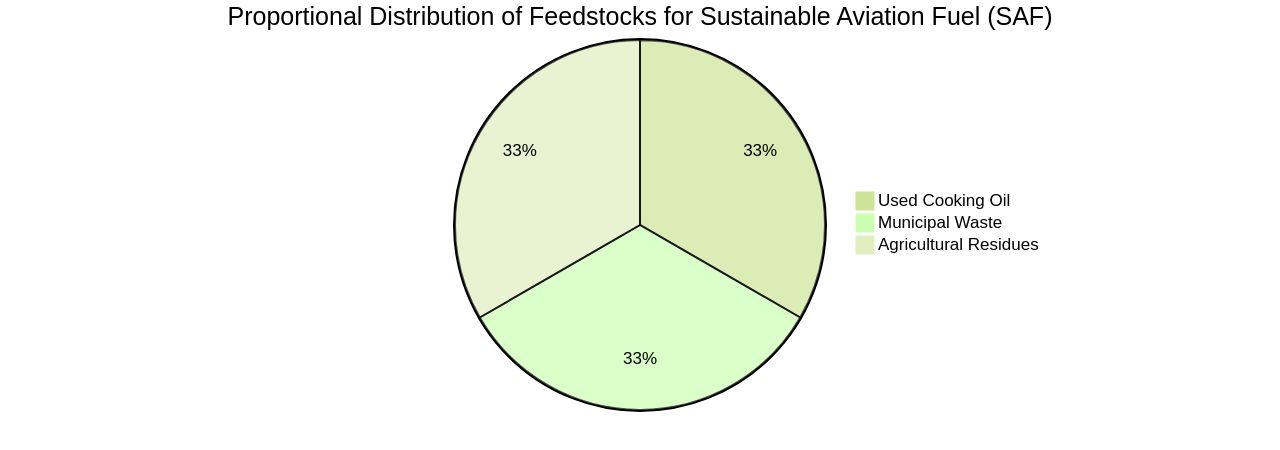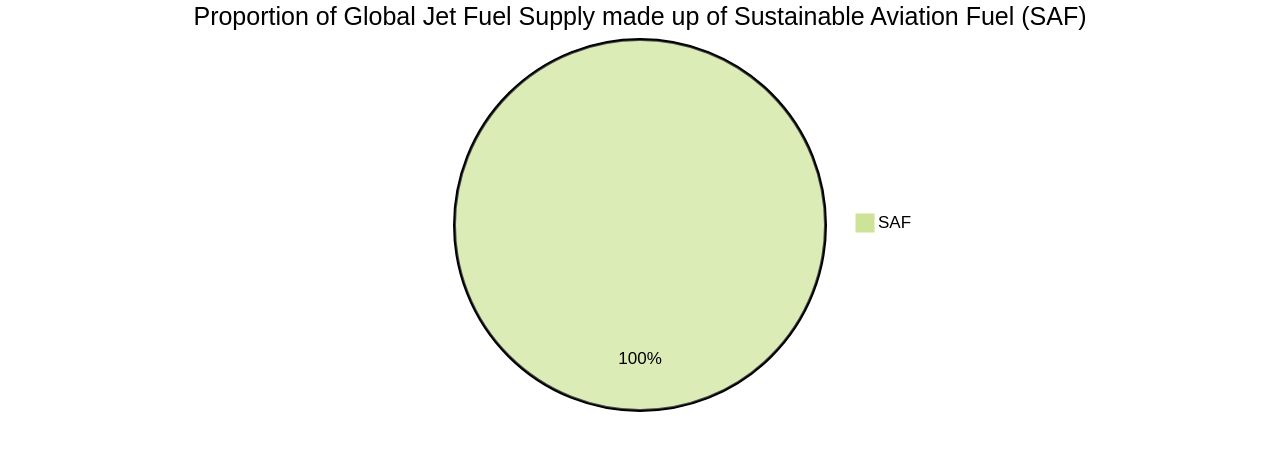Introduction
The energy landscape has long been dominated by fossil fuels, but their environmental and health costs are becoming increasingly evident. The extraction and use of these fuels contribute to air pollution, greenhouse gas emissions, and ecosystem destruction. However, the transition to cleaner energy sources is not only preferable but essential for the well-being of the planet and its inhabitants.
In this article, we will explore the role of Unifuel.tech and their flexiforming technology in providing a more sustainable alternative to traditional fuel sources. Specifically, we will focus on the impact of this technology in reducing carbon emissions, improving air quality, and preserving natural resources and biodiversity in the aviation industry. Join us as we delve into the technical insights and analysis of this innovative solution for a greener future.
The Environmental Impact of Fossil Fuels
The energy landscape has long been dominated by fossil fuels such as coal, oil, and natural gas. These energy sources, while efficient, carry significant environmental and health costs.
The extraction and use of these fuels contribute to air pollution, greenhouse gas emissions, and ecosystem destruction. Furthermore, the resulting air pollution from fossil fuels leads to approximately 5.1 million preventable deaths annually.
The financial toll is also significant, with air pollution from U.S. oil and gas production costing up to $77 billion in health expenses annually. In light of these challenges, the transition to cleaner energy sources is not only preferable but essential for the well-being of the planet and its inhabitants.
One such solution is offered by Unifuel.tech, a company that provides a technology known as flexiforming. This technology allows operators to control the pace of decarbonization, offering a more sustainable alternative to traditional fuel sources. The flexiforming process can be deployed in idle hydrotreaters or reformers, leading to reduced capital expenditure and carbon intensity. Unifuel.tech's responsive approach, promising a response time within 24 hours, coupled with their ability to optimize flexiforming applications based on specific feeds, target products, and facility information, makes them a viable player in the shift towards cleaner energy. This transition not only addresses the environmental and health concerns associated with fossil fuels but also presents an opportunity for cost savings and operational efficiency.

The Transition to Environmentally Friendly Fuel
Embracing Sustainable Aviation Fuel (SAF) is a pivotal step in reducing the environmental impact of the aviation industry. SAF, derived from diverse feedstocks such as used cooking oil, waste fats, and agricultural residues, can substantially reduce the emission of greenhouse gases like CO2, nitrogen oxides (NOx), and particulate matter (PM).
The challenge, however, lies in its large-scale availability, which leads to a cost 3 to 4 times higher than that of regular jet fuel. To meet the industry's net-zero emissions goal by 2050, airlines must gradually increase their jet fuel mix to include 1.0 per cent SAF by 2026, and between 3.0 and 5.0 per cent by 2030.
Ensuring these facilities operate on renewable energy is key to maximizing emissions reduction. Moreover, to enable global sale of Australian-produced SAF, it must meet international standards, requiring the establishment of certification processes, including lifecycle greenhouse gas assessments.
While the journey towards SAF adoption is complex, it is an essential move for a sustainable future in aviation. Technological innovations such as Unifuel.tech's flexiforming can help expedite this process. This technology, which can be installed in an idle hydrotreater or reformer, reduces both capital expenditure and carbon intensity. By providing details about feeds, target products, and existing facilities, operators can leverage Unifuel. Tech to find the optimal application for flexiforming, thereby accelerating their decarbonization efforts.
Reduced Carbon Emissions and Air Quality Improvement
The transition to Sustainable Aviation Fuel (SAF) is a pivotal strategy in the fight against climate change, with substantial environmental advantages. SAF, derived from renewable feedstocks like used cooking oil, municipal waste, and agricultural residues, has a significant impact on reducing carbon emissions.
These feedstocks, being a part of the carbon cycle, absorb CO2 during their growth period, offsetting the emissions from the fuel production and combustion phases. This leads to a lower net carbon footprint, making SAF a key tool for carbon neutrality in the aviation industry.
Moreover, Saf's lower sulfur content compared to conventional jet fuel results in reduced sulfur dioxide emissions, improving air quality and positively affecting human health and environmental conditions, particularly around airports and busy flight paths. In a unique experiment at Copenhagen Airport, it was discovered that SAF not only reduces CO2 emissions but also mitigates the impact of contrails and enhances local air quality.
However, the transition to SAF is not without challenges. With SAF currently being 3 to 4 times more expensive than regular kerosene and only making up a small fraction of the total fuel used by airlines, there is significant progress to be made. Despite these hurdles, the aviation industry is optimistic, with organizations like the International Civil Aviation Organization setting ambitious goals for achieving net-zero carbon emissions by 2050, largely through the adoption of SAF. The potential of SAF is clear, but realizing this potential will require concerted effort and innovative solutions.

Preserving Natural Resources and Biodiversity
Switching to Sustainable Aviation Fuel (SAF) not only mitigates the carbon footprint of the aviation industry, currently responsible for 2-3% of global CO2 emissions, but also fosters biodiversity and resource conservation. With the industry set to double its air travel by 2050, the need for SAF becomes even more pressing.
As a renewable resource, SAF reduces our reliance on dwindling fossil fuels, ensuring the preservation of these resources for future generations. The production of SAF also emphasizes sustainability, with feedstocks cultivated in a manner that minimally impacts land, water, and biodiversity.
This includes utilizing marginal or degraded lands and implementing efficient water management practices along with regenerative agricultural techniques. As SAF is a drop-in solution, it requires minimal adjustment to existing aircraft and airport infrastructure, making it an attractive alternative for the aviation industry.
Despite SAF representing less than 0.2% of the global jet fuel supply in 2022, its potential for climate progress is significant. Ideally, the carbon emissions produced during the burning of SAF should be offset by the carbon captured during its production. While this is not yet the reality, with the right policy levers and industry backing, SAF presents a promising avenue for meeting the aviation sector's net-zero emissions target by 2050. Moreover, the use of SAF can also boost the bioeconomy, buffer farm incomes, and promote biodiversity. As such, the adoption of SAF could revolutionize local industries while meeting environmental goals, marking a new era in aviation.

Conclusion
In conclusion, Unifuel.tech's flexiforming technology provides a sustainable alternative to traditional fuel sources in the aviation industry. By reducing carbon emissions and improving air quality, this technology plays a vital role in the transition towards cleaner energy sources. The adoption of Sustainable Aviation Fuel (SAF) is crucial for reducing the environmental impact of aviation.
SAF derived from diverse feedstocks can substantially reduce greenhouse gas emissions. Unifuel.tech's flexiforming technology accelerates this process by reducing capital expenditure and carbon intensity. Furthermore, the use of SAF not only mitigates the carbon footprint but also fosters biodiversity and resource conservation.
As a renewable resource, SAF reduces reliance on depleting fossil fuels while emphasizing sustainable production practices. In achieving net-zero emissions by 2050, technologies like flexiforming are essential. With the right policy support and industry backing, SAF can revolutionize local industries while meeting environmental targets.
In summary, Unifuel.tech's flexiforming technology offers an innovative solution for a greener future in aviation. It enables operators to reduce carbon emissions, improve air quality, and preserve natural resources through the adoption of Sustainable Aviation Fuel. By embracing these sustainable alternatives, we can pave the way for a more environmentally friendly and sustainable aviation industry.




